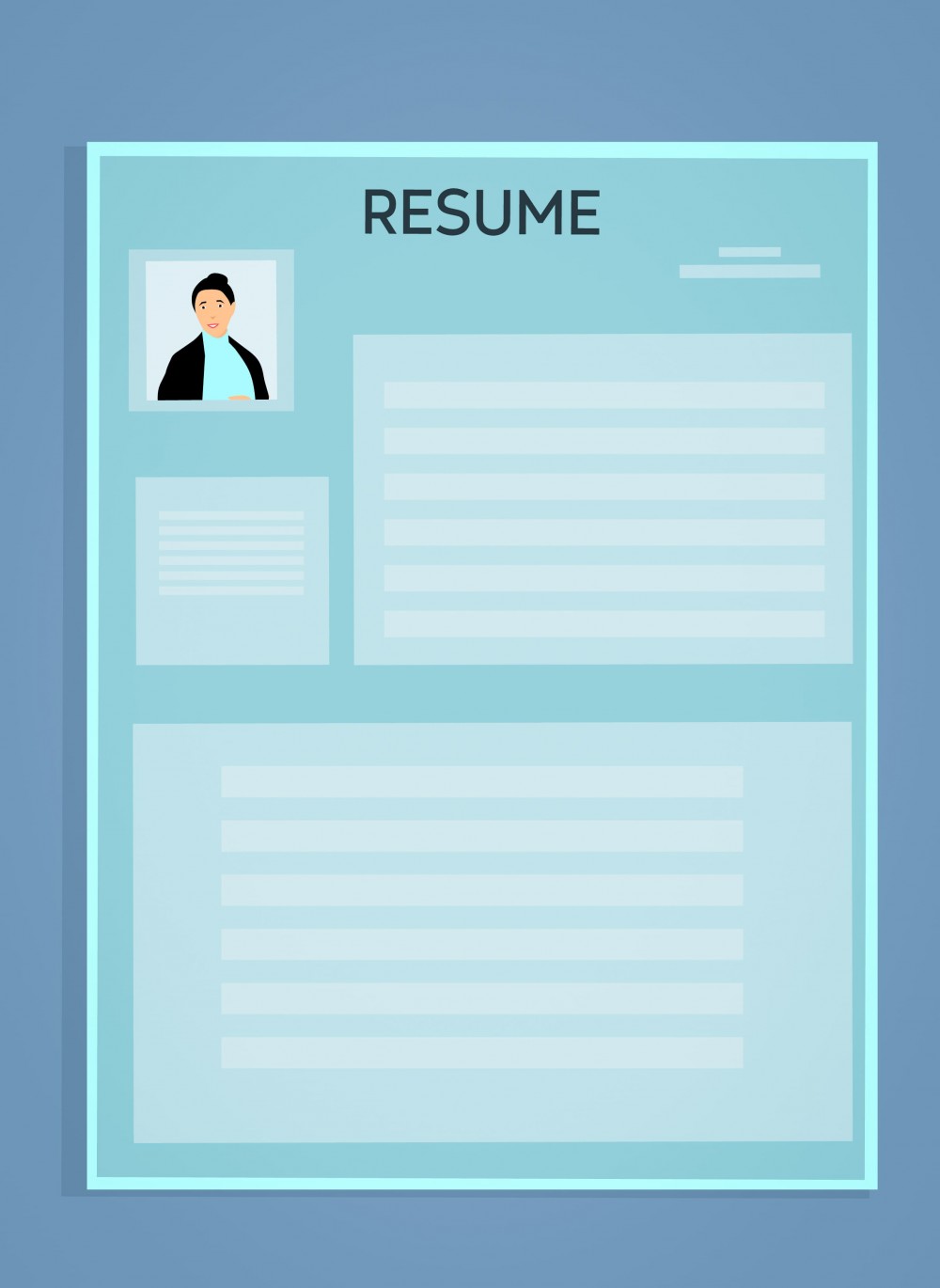
WHAT IS A RESUME AND HOW TO PREPARE IT?
A resume (CV/Resume) is a written document that introduces yourself to an employer and contains information about your skills, qualifications, and experiences.
You submit your personal information, skills, and work experiences to an employer through your resume when applying for a part-time or full-time position or joining an advanced educational program.
WHY IS A RESUME IMPORTANT?
An employer wants to get to know the candidates and pre-screen them before an interview. Through a resume, the employer can quickly gather information about the candidates they plan to interview. In short, the resume determines whether you will be accepted for a job interview or not.
“A well-prepared resume increases your chances of being accepted, while a poorly and carelessly prepared resume carries the risk of being rejected.”
WHAT SHOULD YOU PAY ATTENTION TO WHEN PREPARING A RESUME?
- A Human Resources Specialist spends an average of 6 seconds on a resume. Therefore, your resume should be short, clear, intriguing, and contain accurate information.
- Formatting: The resume should be prepared on an A4 sheet using an easy-to-read font (Times New Roman or Arial, size 11-12).
- Length: The resume should not be too long. You should organize the information in no more than 2 pages. Resumes for academic purposes may be longer.
 Attention should be paid to sentence structure, grammar, and punctuation.
Attention should be paid to sentence structure, grammar, and punctuation.- Avoid long sentences and paragraphs, and try to write as much as possible in the third person.
- Formatting inconsistencies between sections can be perceived as a sign that you do not take the job seriously.
Example: FOREIGN LANGUAGES: English
References: ELİF …….
- You can emphasize important information you want to highlight using ‘bold, italics, underline, etc.’ However, overusing these emphases can create a negative impression.
- You should add a current, professionally taken photo (for example, wearing a shirt or suit) to your resume.
- Be honest about the information you provide about yourself. Avoid providing unnecessary or suspicious information.
- After preparing your resume, you can ask someone else to check for spelling and grammar mistakes.
- There is no ideal single format for a resume. You should update your resume according to the position you are applying for.
INFORMATION THAT SHOULD BE INCLUDED IN YOUR RESUME
| PERSONAL INFORMATION |
|
| CAREER OBJECTIVE (Optional) |
|
| EDUCATION INFORMATION |
|
| WORK/INTERNSHIP EXPERIENCE |
|
| EDUCATION/CERTIFICATIONS |
|
| FOREIGN LANGUAGES |
|
| OTHER CATEGORIES: Awards, Publications, Professional Memberships, Voluntary Experience, References |
|
For a sample resume CLICK HERE.
For a sample resume CLICK HERE.
